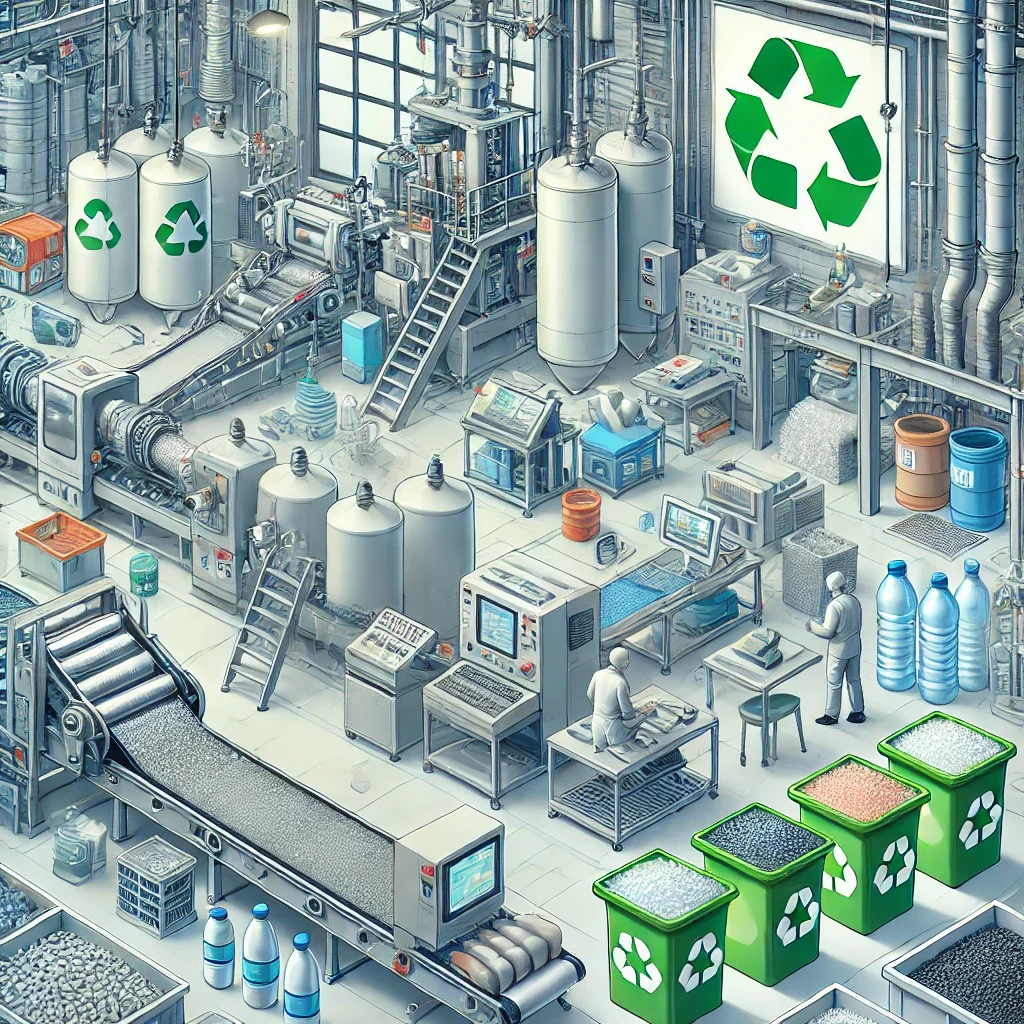The plastic sector in India has seen rapid growth over the past few decades. It is becoming one of the most important industries in the country. Plastics are used in almost every aspect of daily life, from packaging and household items to electronics and automotive parts. With a large population and a fast-growing middle class, the demand for plastic products continues to rise.
Growth and Importance:
India’s plastic industry is one of the largest in Asia and is expected to grow significantly in the coming years. The sector is driven by strong demand in industries such as packaging, automotive, construction, agriculture, and consumer goods. The versatility of plastic makes it an essential material in daily life, from food packaging to medical supplies.
The packaging industry, in particular, is one of the biggest consumers of plastic. With the growing e-commerce market and the increase in food and beverage packaging, plastic consumption has surged. The government’s push for “Make in India” has also encouraged local manufacturing of plastic products, contributing to job creation and economic growth.
Key Drivers of Growth:
India is the third-largest producer of plastic in the world, and its consumption is growing at a steady pace. The primary drivers of this growth include urbanization, changing lifestyles, and increasing disposable incomes. As more people move to cities, the demand for plastic packaging, household goods, and consumer products increases. Industries like automotive, construction, and healthcare also rely heavily on plastic materials due to their versatility, durability, and cost-effectiveness.
Example: The Success of PET Recycling
One example of innovation in the plastic sector is the successful recycling of PET (Polyethylene Terephthalate) bottles. Companies like Bisleri and Coca-Cola have partnered with organizations to set up plastic recycling initiatives. These companies have introduced a “reverse vending machine” concept, where consumers can deposit used PET bottles and receive rewards in return. This not only helps reduce plastic waste but also promotes awareness of recycling.
By investing in recycling technologies and adopting circular economy principles, the plastic industry in India can contribute to solving its environmental challenges, maintaining growth and creating job opportunities.
Environmental Challenges:
Despite its economic significance, the plastic industry faces serious environmental concerns. Plastic waste has become a major problem in India, with much of it ending up in landfills or oceans. Improper disposal and limited recycling infrastructure further exacerbate the issue. This has led to an increasing public and governmental focus on reducing plastic pollution.
To address this, the Indian government has introduced policies such as the Plastic Waste Management Rules and a ban on single-use plastics in several states. These efforts are encouraging businesses to adopt more sustainable practices, such as using biodegradable materials, improving recycling processes, and reducing plastic usage in their products.
Conclusion:
The plastic sector in India is vital to the country’s economy, providing essential products across various industries. However, as plastic use continues to grow, it’s crucial for the industry to adopt more sustainable practices. With innovation, regulation, and increased awareness, the sector can help ensure that plastics contribute positively to both the economy and the environment.
– Ketaki dandekar (Team Arthology)
Read more about Plastic Sector here – https://www.ibef.org/research/case-study/s-plastic-
